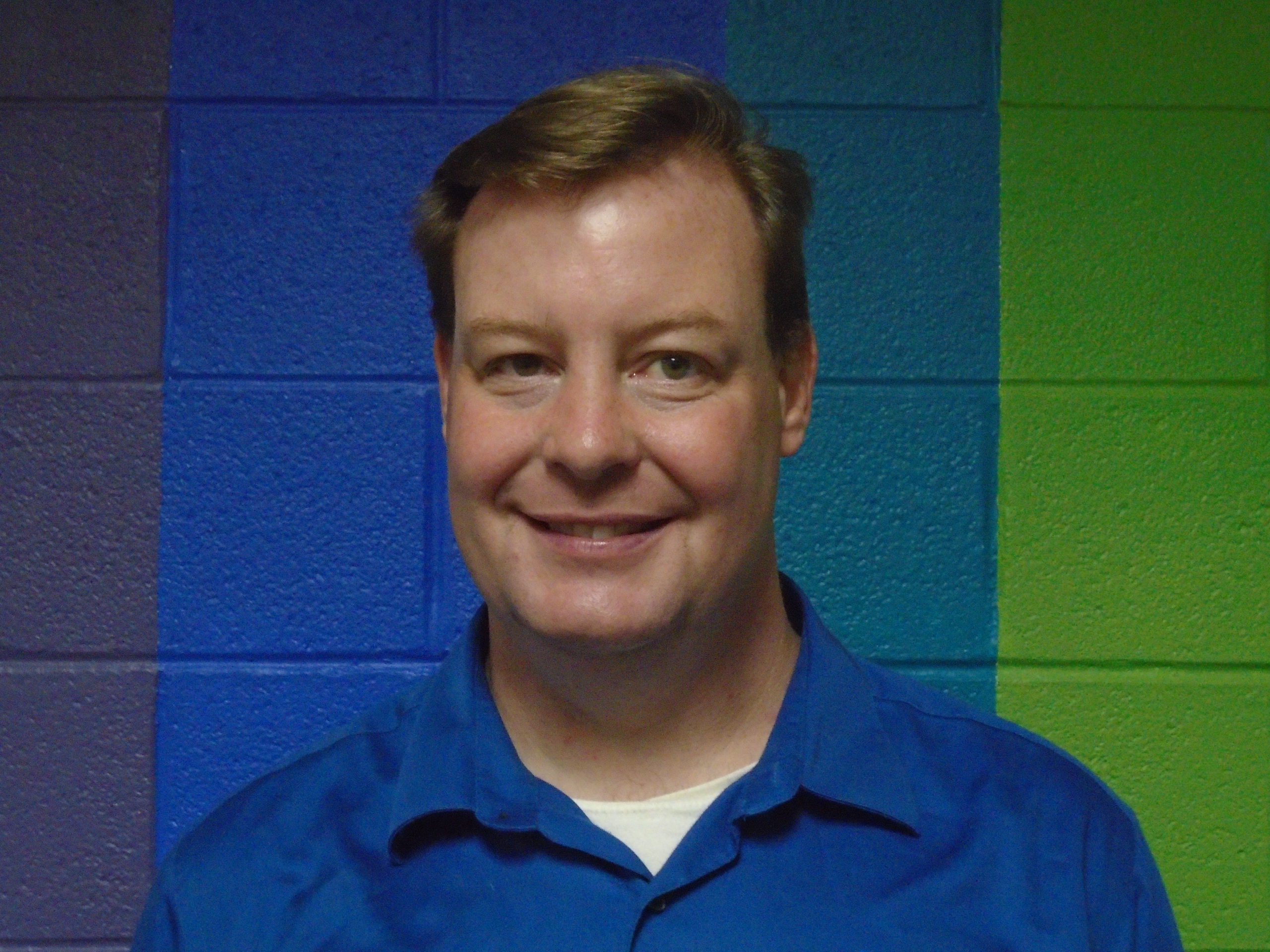
In the modern learning environment, it is imperative that we transition to providing dynamic and engaging instruction that meets the student where she or he is. As a part of this transition, we must ensure that the digital divide in our society is mitigated in the classroom.
Grace E. Metz Middle School, in Manassas, Virginia, where I serve as the Instructional Technology Training Specialist, was seeking to make this transition. The process was intentionally methodical and did not happen overnight. However, the effects of this transition are already having wondrous impacts on our faculty, students, and community.
To achieve this transition, we developed a three-pronged plan. This plan incorporated the moderate funding to purchase 880 computers, a relatively ambitious professional development and training timeline for our educators, and an intentionally reflective evaluation process to ensure sustainability and collaborative success.
The first year of our transition, we developed a team to steer the process. This team included teachers, administrators, students, and parents. Supported by an area technology coaching firm, we began rolling out classroom computer labs. Every year, we introduced 20-30 new mobile labs with laptops to teachers completing a series of professional development activities.
Over the next two years, we completed the process of developing faculty prepared to work with mobile classroom computer labs. We expanded our library of digital resources to facilitate critical thinking and creativity and more personalized instruction. We started by moving to Schoology, which helped us bring the latest in educational technology to our pupils. Schoology’s introduction impacted all educators, and the feedback was immediate. By the end of the first semester, every student was receiving weekly updates and activities in every class.
UPDATED: Hundreds of free K-12 resources during the pandemic
In addition, we began to use other digital resources more comprehensively. Discovery Education, one of our most adaptive resources, was moved from an optional resource to a resource that was widely encouraged. Similarly, the school had monthly professional development to support our use of Nearpod for creating lessons and other personalized learning resources such as EdPuzzle.
The school leadership and coaching teams worked with the community to help them use the new digital tools by assisting students’ families in creating their own Schoology accounts. School leadership drove this effort by structuring monthly events such as digital citizenship nights, technology training opportunities during parent events, and incentivizing student participation.
The benefits of this transition were immediate and consistent. The conversations among students and teachers moved to understanding and engagement. Even teachers who were reluctant at first to transition to digital learning were able to engage in our new classroom resources because of on-demand coaching and training and a professional learning platform adaptive to their needs. Using the same strategies of personalized learning now available in a blended classroom, we were able to support educators more effectively and comprehensively.
When the nationwide quarantine called for an alternative setting for instruction, we found that transition to be relatively smooth. Our experience provided a way to address struggles in a more connected manner and with fewer interruptions. This typifies the greatest benefit of this transition: Students now have ubiquitous access to technology and educators have the ability to be more creative lesson planners, responsive student instructors, and connected professionals.
Dr. Sean Coffron has served as an educator with Manassas City Public Schools for nineteen years. He has offered presentations and workshops on topics such as learning management systems, 1:1 implementation, and electronic professional learning communities. Dr. Coffron is a member of the Discovery Educator Network’s Leadership Council and can be reached via email at [email protected].







